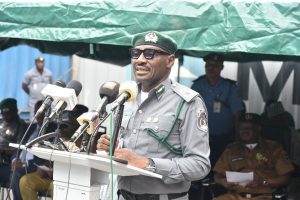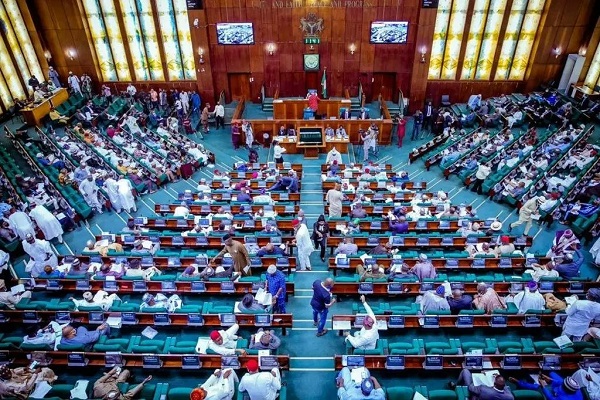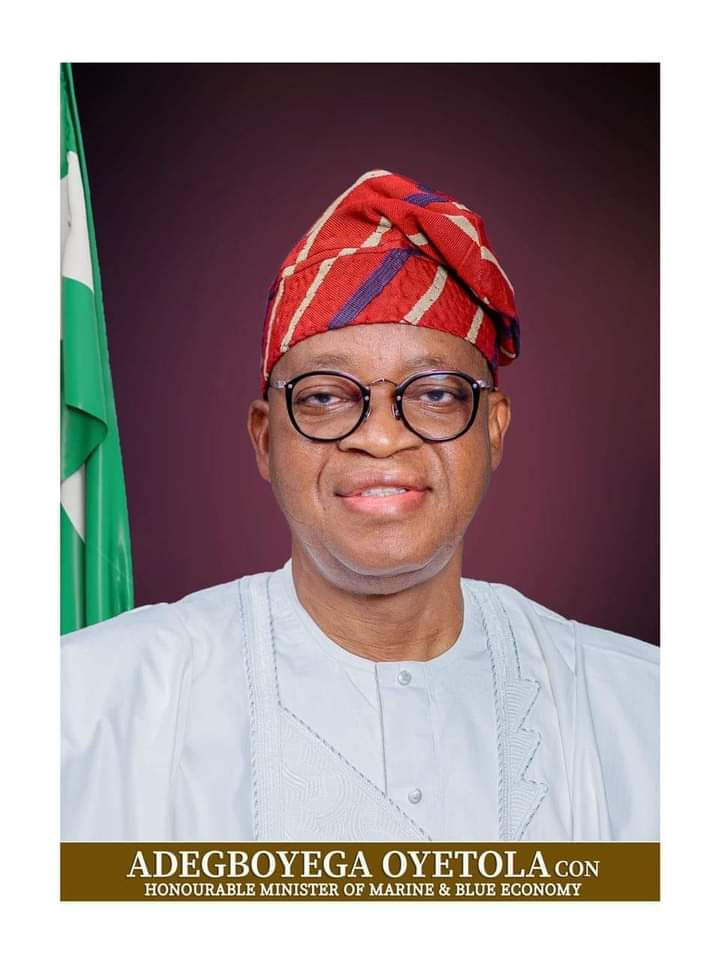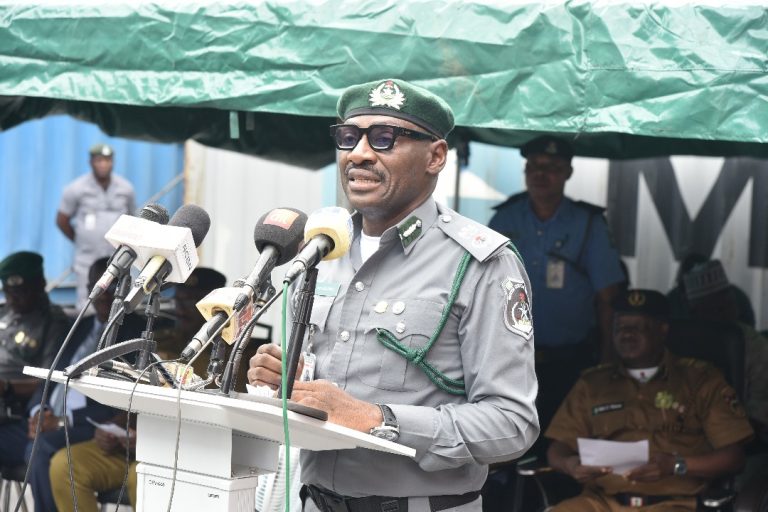…As Japan raises concerns over Pacific’s debt to China***
President Donald Trump has said he is willing to negotiate a fair deal with China and want the Asian giant to open its market like the US.
Having slapped China with additional tariff on import of its products worth USD250 billion, Trump did not rule out coming up with more tariffs on Chines products.
In an interview with CBS News’s popular ’60 Minute’ programme, Trump described this as a skirmish, and not war or a battle as being characterised by experts, and asserted that he would win this against China. If things does not improve, he might not have a good relationship with his Chinese counterpart Xi Jinping, he said.
“I have a great chemistry also with President Xi of China. I don’t know that that’s necessarily going to continue. I told President Xi we cannot continue to have China take USD500 billion a year out of the United States in the form of trade and others things,” Trump told CBS news in his interview.
Xi is one of the few world leaders to have been hosted by Trump at his Mar-a-Lago resort in Florida. Trump has travelled to China and has met Xi multiple times after he became the US President On January 20, 2017.
However, the relationship has deteriorated since then and has now reached an all-time low since the historic visit of the then US President Richard Nixon in 1972.
Responding to a question, Trump claimed that China, even if it wants, cannot retaliate beyond a point. “They can retaliate, but they can’t — they don’t have enough ammunition to retaliate. We do USD100 billion (worth of business) with them. They do USD531 billion with us,” he said.
He denied that he wanted to push the Chinese economy into depression.
“No no, although they’re down 32 per cent in four months, which is 1929,” he said. “I don’t want that. No, I don’t want that. I want them to negotiate a fair deal with us. I want them to open their markets like our markets are open,” Trump said, reiterating that he wants a fair deal with China.
Trump exuded confidence that he will win what he described as a “skirmish” with China. “I called it, actually I called it a battle. But, actually, I’m gonna lower that. I consider it a skirmish. And we’re gonna win,” he said.
In the meantime, Japan’s foreign minister raised concerns Monday about the high levels of debt accrued by some Pacific Island nations and said his country wants to help resolve the problem.
Foreign Minister Taro Kono made the comments while visiting New Zealand, where he met with his counterpart Winston Peters.
Some observers have become alarmed at the growth in Chinese lending in the Pacific and worry that small countries such as Tonga and Vanuatu are becoming beholden to China because of their high debt levels.
Kono didn’t mention China specifically in his comments. But he said the Pacific region was important in a strategic sense to both Japan and New Zealand.
Peters said New Zealand was also concerned about the loans and the ability of small island nations to repay them.
“We’re looking very seriously at that, saying ‘What does it mean for us when those nations may forfeit the very asset value that they’ve sought to develop, and have it owned by some other country?'” he said.
Peters said neither Japan nor New Zealand had gone so far as to offer to repay the loans directly.
“We understand the problem,” Peters added. “We’ve got our eyes wide open.”
Kono’s visit to New Zealand was the first by a Japanese foreign minister in five years. It marks a warming relationship between the two nations over the past year since Jacinda Ardern became New Zealand’s prime minister.
Kono thanked New Zealand for deciding last month to deploy a maritime patrol plane to Japan as part of an effort to enforce U.N. sanctions against North Korea.
Australia, Canada and the U.S. are also helping Japan monitor offshore ship-to-ship transfers of oil allegedly involving North Korean ships, which would violate U.N. sanctions imposed over the North’s nuclear and missile programs.
“Regarding the situation in North Korea, we reaffirm our cooperation to achieve a complete, verifiable and irreversible disposal of all the weapons of mass destruction and the ballistic missiles of all ranges,” Kono said through an interpreter.
Kono said he was concerned about the developing trade war between the U.S. and China, and hoped the issues could be resolved through the World Trade Organization.
Kono met with Australian Foreign Minister Marise Payne last week before traveling to New Zealand.
Zee News with additional report from ABC





















